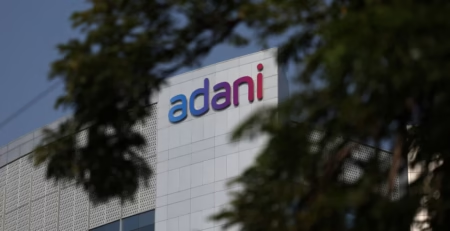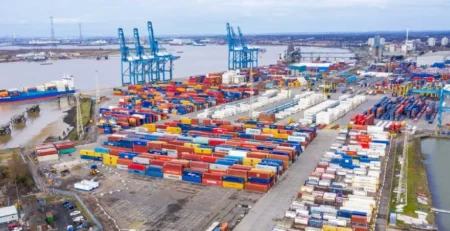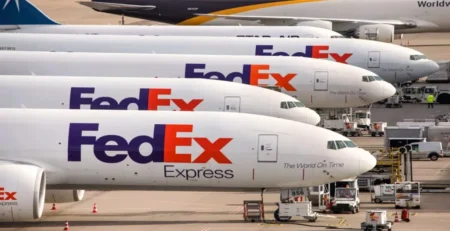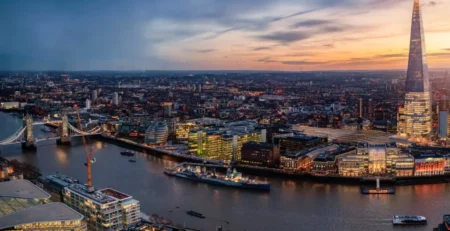Adani Warns of Middle East Conflict Threatening Global Supply Chain Stability

By Maria Kalamatas – June 26, 2025
Location: Ahmedabad, India
Section: /world
AHMEDABAD – During a measured yet firm address at the Adani Group’s annual general meeting on Tuesday, Gautam Adani offered a sobering assessment of the geopolitical environment. According to the chairman of one of India’s largest infrastructure conglomerates, the current tensions in the Middle East represent a real and growing threat to global logistics and energy networks.
“We’re entering an era where shipping lanes can no longer be taken for granted,” Adani told shareholders. “What we’re witnessing today are disruptions that begin as regional disputes—but quickly ripple across continents.”
His remarks come at a time when conflict in the Eastern Mediterranean and the Red Sea has intensified. Adani’s companies—particularly in port operations and energy logistics—are directly exposed. In 2022, the group acquired control of Haifa Port in northern Israel, a strategic hub now facing heightened operational risk due to regional instability.
Wider concern across shipping and energy sectors
Insurers have already adjusted their models. Vessels passing through or near high-alert zones—especially around the Suez Canal and Strait of Hormuz—are seeing higher premiums and stricter routing protocols.
Several Indian exporters have quietly begun rerouting shipments through alternative ports in Southeast Asia to minimize potential exposure. Analysts say these moves aren’t panic-driven, but pre-emptive strategies born from experience during the 2021–22 supply chain crunch.
“It’s a reminder that logistics isn’t immune to geopolitics,” noted Ananya Deshpande, a maritime risk consultant based in Dubai. “When ports go silent or lanes get blocked, the consequences are immediate.”
The case for long-term resilience
Adani used the opportunity not only to highlight risk, but to call for structural reform. He argued that companies and governments alike need to diversify trade corridors and build redundancy into global systems—especially for food, fuel, and pharmaceutical goods.
“The world needs to treat logistics infrastructure the same way we treat energy grids: as critical and non-negotiable,” he said.
He also suggested that India could play a more central role as a stable transit corridor, leveraging its geographic position and expanding port network to serve rerouted global flows.
Conclusion
Adani’s warning is not alarmist. It reflects a growing recognition within the industry that the age of predictable logistics may be over. As new fault lines emerge in global politics, resilience will not come from reacting—but from planning ahead. And that planning, increasingly, begins at the ports.
The post Adani Warns of Middle East Conflict Threatening Global Supply Chain Stability appeared first on The Logistic News.
Share this post
Related
Posts
Adani Warns of Middle East Conflict Threatening Global Supply Chain Stability
By Maria Kalamatas – June 26, 2025Location: Ahmedabad, IndiaSection: /world AHMEDABAD – During a measured yet firm address at the Adani...
At Thames Freeport, 5G Tech Quietly Rewires the Way Ports Work
By Maria Kalamatas – June 26, 2025Location: Essex, United KingdomSection: /maritime ESSEX – There was no breaking news alert. No splashy...
FedEx Warns of Weakened Demand as Trade Tensions Take Toll
By Maria Kalamatas – June 26, 2025Location: Memphis, USASection: /air MEMPHIS – FedEx’s stock tumbled early Wednesday after the logistics giant...
5G Quietly Reshapes Operations at Thames Freeport: A Turning Point for UK Logistics
By Maria Kalamatas – June 25, 2025Section: /maritimeLocation: Essex, United Kingdom ESSEX – There was no ribbon-cutting ceremony. No flashy headline....




